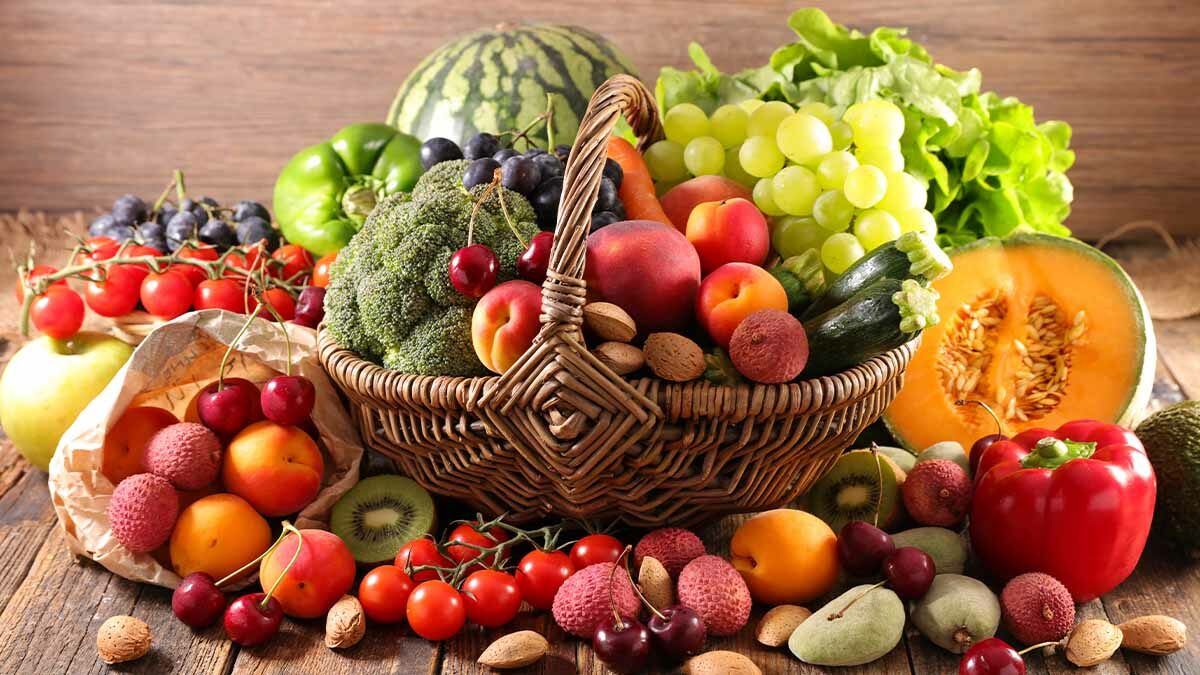The USDA removed their online antioxidant database of foods, “concerned that ORAC values were routinely misused by food and dietary supplement manufacturing companies to promote their products.” Indeed, supplement manufacturers got into my-ORAC-is-bigger-than-your-ORAC contests, comparing their pills to the antioxidant superfood du jour, like blueberries. We know there are lots of bioactive compounds in whole plant foods that may help prevent and ameliorate chronic disease in ways that have nothing to do with their antioxidant power, so I understand the USDA’s decision. So should we just eat lots of whole healthy plant foods and not worry about which one necessarily has more antioxidants than the other, or does one’s dietary antioxidant intake matter?
We have some new data to help answer that question. Researchers recently analyzed total dietary antioxidant capacity and the risk of stomach cancer, the world’s second leading cancer killer. A half million people were studied, and dietary antioxidant capacity intake from different sources of plant foods was indeed associated with a reduction in risk. Note that they say dietary intake; they’re not talking about supplements.
Not only do antioxidant pills not seem to help, they seem to increase overall mortality—that’s like paying to live a shorter life. Just giving high doses of isolated vitamins may cause disturbances in our body’s own natural antioxidant network. There are hundreds of different antioxidants in plant foods. They don’t act in isolation; they work synergistically. Mother Nature cannot be trapped in a bottle.
Similar results were reported with non-Hodgkin’s lymphoma: the more ORAC units we eat per day, the lower our cancer risk drops (though antioxidants or not, green leafy vegetables were particularly protective. Going from eating one serving of green leafy vegetables per week to a serving a day may cut our odds of lymphoma in half).
Should we be worried about antioxidant intake during cancer treatment, since most chemo drugs work by creating free radicals? According to some of the latest reviews, highlighted in my video Food Antioxidants and Cancer, there is no evidence of antioxidant interference with chemotherapy, and antioxidants may actually improve treatment and patient survival.
But should we take a multivitamin? See Should We Take a Multivitamin?
What about fish oil supplements? Is Fish Oil Just Snake Oil?
I recently covered how and why we should strive to eat antioxidants with every meal in an important three-part series:
- Minimum “Recommended Daily Allowance” of Antioxidants
- How to Reach the Antioxidant “RDA”
- Antioxidant Rich Foods With Every Meal
Preferentially getting one’s nutrients from produce not pills is a common theme in the nutrition literature. See, for example:
- Produce, Not Pills to Increase Physical Attractiveness
- Greens vs. Glaucoma
- Cranberries versus Cancer
- Prunes vs. Metamucil vs. Vegan Diet
- Optimal Phytosterol Source
Antioxidants may also reduce inflammation (See Anti-Inflammatory Antioxidants), improve digestion (See Bulking Up on Antioxidants), and help prevent COPD (See Preventing COPD with Diet). So where are antioxidants found? See my series that starts with Antioxidant Content of 3139 Foods and Antioxidant Power of Plant Foods Versus Animal Foods.
What about the role of antioxidants in other leading causes of death? That’s the subject of my video, Food Antioxidants, Stroke, and Heart Disease.
-Michael Greger, M.D.
PS: If you haven’t yet, you can subscribe to my videos for free by clicking here and watch my full 2012 – 2015 presentations Uprooting the Leading Causes of Death, More than an Apple a Day, From Table to Able, and Food as Medicine.
